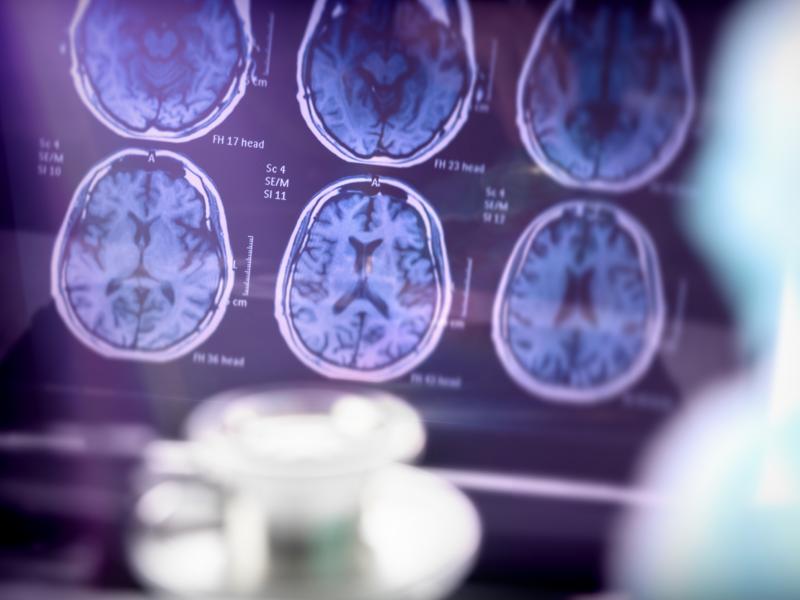
Ability of immune system to destroy Alzheimer’s-related protein oscillates with daily circadian rhythm. The brain’s ability to clear a protein closely linked to Alzheimer’s disease is tied to our circadian cycle, according to research published today in PLOS Genetics. The research underscores the importance of healthy sleep habits in preventing the protein Amyloid-Beta 42 (AB42) from forming clumps in the brain, and opens a path to potential Alzheimer’s therapies.
“Circadian regulation of immune cells plays a role in the intricate relationship between the circadian clock and Alzheimer’s disease,” said Jennifer Hurley, an expert in circadian rhythms, and associate professor of biological science at Rensselaer Polytechnic Institute...
Read More








Recent Comments